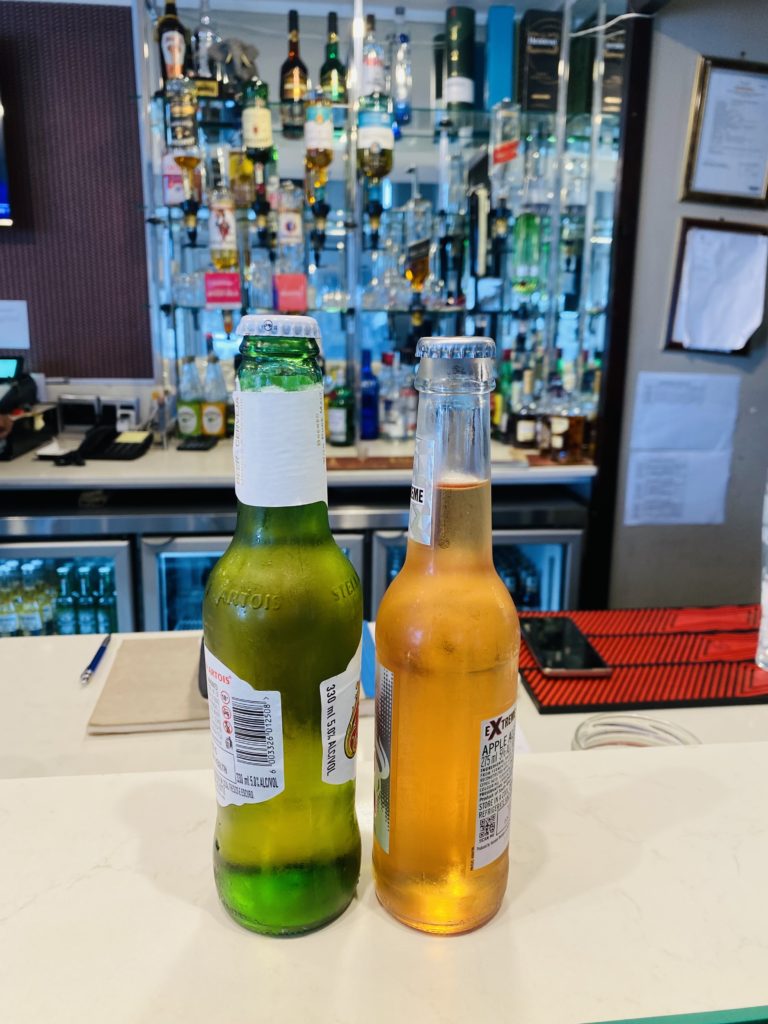By Sihle Nzima
A South African mental health organisation has expressed concern about the growing trend of students who resort to alcohol as a coping mechanism.
In a recent interview with the Credible Source by DUT the South African Depression and Anxiety Group (SADAG) said they receive a lot of calls from students across the country dealing with academic stress.
Cassey Chambers, the operations director at SADAG, said that students face numerous pressures. “We get contacted by a lot of students and it’s normally a lot of different issues like academic pressure, depression, trauma, grief and substance abuse. Often these don’t occur in isolation. It’s a lot of psychological impact that university students could be dealing with. Some have issues adjusting to a new environment, feelings of loneliness and missing home.”
She added that students generally do not perceive alcohol as a harmful coping mechanism. “Often, students dealing with mental health issues might not present or identify that they consume alcohol as a way to escape their problems because alcohol is normalised in our society,” said Chambers.
She said the newfound freedom among students also contributes to this growing trend. “As a university student, there is a newfound sense of freedom, new friends, new cultures and new social settings where drinking is more acceptable and available for consumption. There is a student who has this newfound independence and freedom from different backgrounds where alcohol was not accepted at home. Now they don’t have to report to Mom and Dad, so it opens up a whole new world.”
Chambers said that students should be aware that resorting to alcohol for comfort can have severe consequences on their lives. “There are complexities around dealing with academic pressure, stress or anxiety and having to escape some of that pressure with unhealthy coping mechanisms (such as) using alcohol as an escape to feel better or sleep. We find it’s often used as a negative coping mechanism. Increased drinking could lead to stress and anxiety around academic pressures like missing deadlines, not studying for tests, not attending classes and may lead to intense anxiety levels.”
Luyanda Khoza, a DUT Human Resources Management student, admitted to using alcohol to manage the pressures from family expectations and academic demands. “It’s hard, you know. I’m always thinking about how I need to impress my parents. They’ve sacrificed so much for me to be here, and being the eldest means there’s this unspoken pressure to lead by example. Sometimes it’s just too much. Balancing school, family and my personal life feels impossible. When I start thinking about upcoming tests or deadlines, it’s like the walls close in on me.”
He said alcohol has become a temporary escape from the burden of his responsibilities. “When I drink, it’s like all those thoughts, the anxiety and the fear of failing… it all goes away, even if it is just for a while. I know it’s not the best way to deal with things.”
Similarly, Mlondi Mdlalose, another student, has felt the pull of alcohol as a way to cope with academic stress, although for him, it initially began as part of the newfound freedom that comes with university life.
He said: “At first, it was about having fun. You’re away from home, you get to make your own decisions, no one is watching what you do. I drank because I could, and it was a way to enjoy my independence.”
He continued: “I’m usually fine with my work, but as soon as a deadline approaches, the stress starts to build up and I just don’t know how to handle it. That’s when I turn to alcohol, not for fun but because it helps to numb the anxiety. I’ve been thinking about going to counselling because I know it is becoming a problem.”
Candice McCain, a psychologist at the DUT Student Counselling Department, advises that accepting alcohol as a problem is the crucial first step towards recovery.
“One of the most important aspects of managing alcohol abuse is for the client to realise that their alcohol abuse is impacting (on) their life negatively. Once this occurs, the next step is for the client to make a decision to address the problem of alcohol abuse. This does not necessarily happen immediately. It can take clients some time to decide when they need to take action.”


